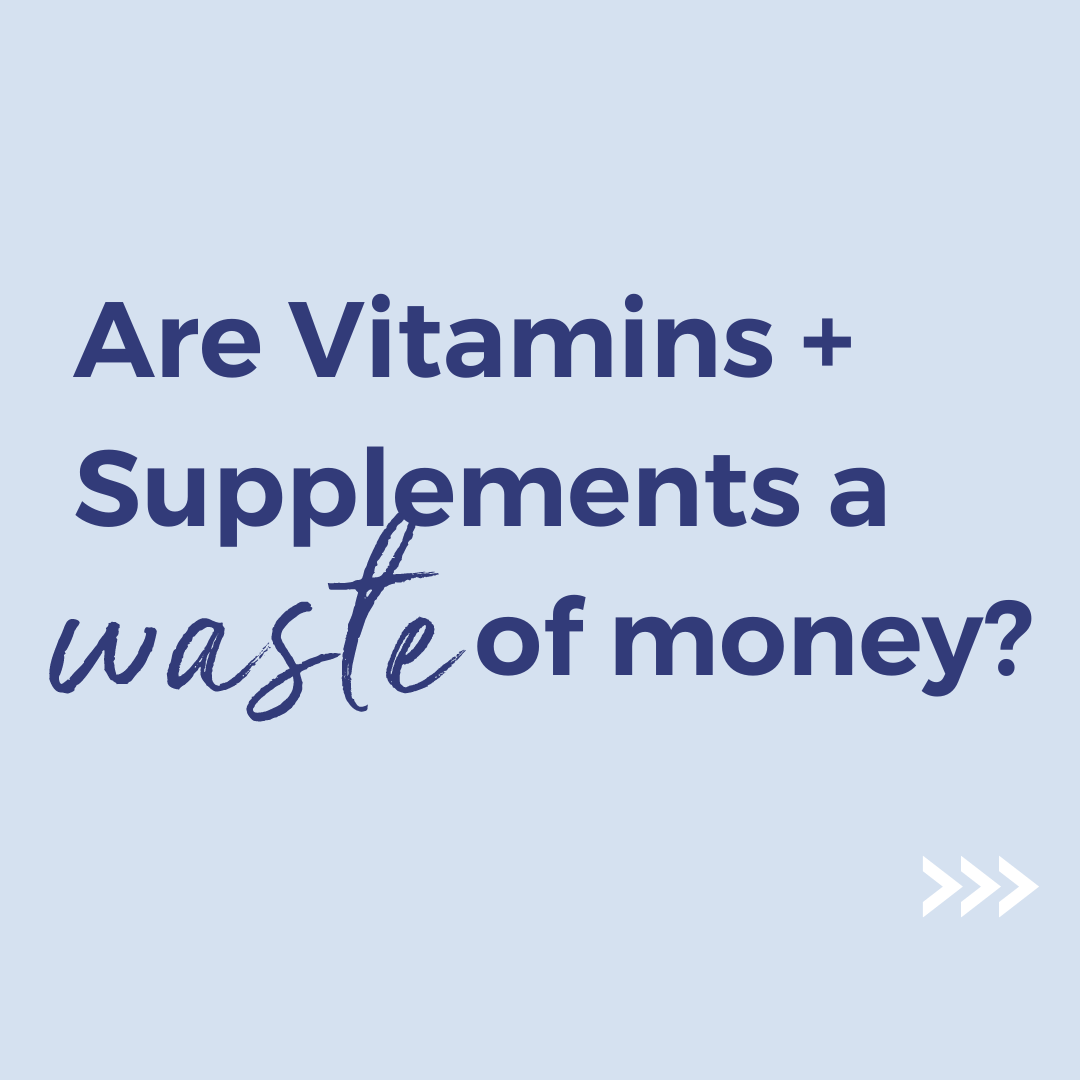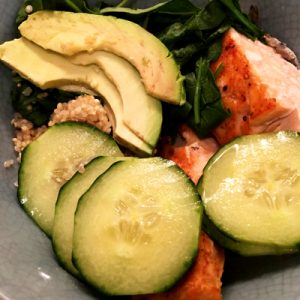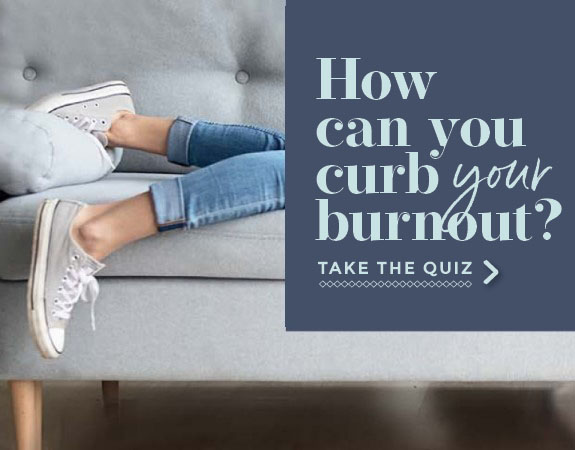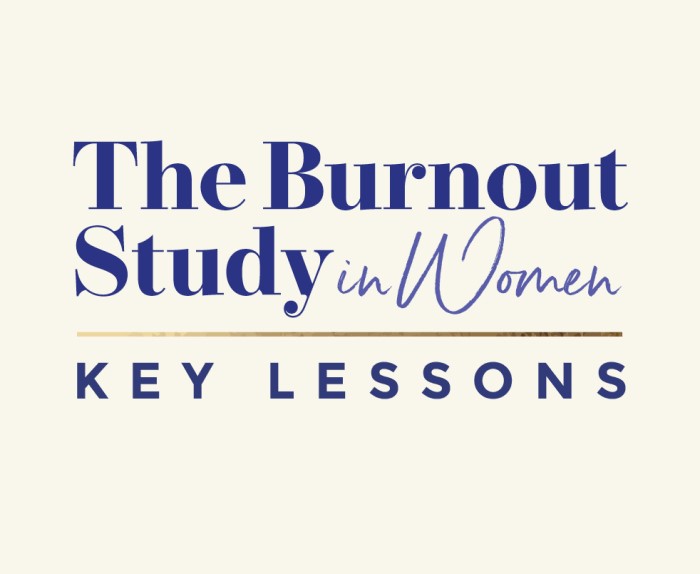If you take vitamins or supplements, you may now be wondering, based on the latest USPSTF Recommendation on vitamins, minerals, and multivitamin, if it’s a waste of money (and time… and even harmful?)
But – just like in the Princess Bride – “I do not think it means what you think it means”. In fact, I think the USPSTF made the issue more confusing, AND the media is entirely misinterpreting it.
Here’s what you need to know.
Did the USPSTF Actually Say Supplements Are A Waste of Money?
They did not.
They said:
(1) They recommend against taking Beta Carotene (which converts into Vitamin A), or Vitamin E preventively, as a number of studies have found that, in certain situations, these can increase your risk for cancers like prostate or lung.
(2) Other than that, they said that “evidence is insufficient” to determine the risks of harms from supplements such as multivitamins or single vitamins. To that, I say, OBVIOUSLY. Here’s why – because most of these studies are looking at what I call “blind” or “generalized supplementing” – giving large groups of people a supplement, without actually knowing if they need it or not. So, it’s not surprising that they don’t usually find much benefit. Because that’s not our question – our question is – “If someone NEEDS a certain vitamin or supplement, do they benefit from increasing intake, whether by diet or supplementation?” To which the answer is ABSOLUTELY. But to be able to do this on a population level, it would take thousands of people, checking labs, and following them for decades – which would be hugely costly and hard to do.
Also – they were specifically looking at outcomes for preventing heart disease and cancer. There may be other reasons people take them – the USPSTF was not commenting on those. They also were not commenting on recommendations for pregnant women, which can be different.
Why did they say this?
Well, for the most part, because the USPSTF said that they want people to instead focus on other things that we know helps, such as stopping smoking, eating better screening for cancer, etc, and not to be distracted by supplements. However, many of my patients (and many of you) ARE doing those things – and want to know what else you can do for health. I think you’re smart enough to know that you should ALSO do these things. I’ll of course also repeat here – taking a supplement does NOT replace eating an awful diet, smoking, obesity, or skipping cancer screenings.
I’ll also repeat that while being deficient in a vitamin or supplement is not good, more and more and more of a good thing is not always better (which is why blind supplementation can be not useful and even dangerous). And that when you can get adequate nutrients from your diet, that’s almost always better than getting it in pill form (since pretty much all of the evidence shows that a good diet is absolutely linked to lower risks of cancer and heart disease). Although I’m sure you already suspected that.
What do I recommend for supplementation?
Instead of “blind supplementation”, I recommend “Targeted Supplementation” – ie you determine in what you’re deficient (often via lab tests), and specifically increase your intake (via diet, lifestyle, or supplements), to increase your level. We know that studies show a benefit there. (and we have a report coming out next week specifically focused on Vitamin D – be sure to signup for our newsletter to not miss it).
(1) Get your levels checked – either via seeing your doctor or via some of the new at-home testing labs you can use
(2) For those levels that are low, find out the best way to increase your intake (which can often be a combination of diet + supplementation, or sometimes even lifestyle, as is the case with Vitamin D)
(3) Re-check your levels in 3 months or so, to make sure that what you are doing, is helping. (and that your levels are not getting too high).
Want. more on vitamins and supplements? Check out our latest report Is Melatonin Safe in Kids? or How To Boost Your Immunity (including which vitamins + supplements work – and which don’t).
Got Qs? Let us know. Also – be sure to signup for our newsletter to not miss our upcoming report on Vitamin D!)








